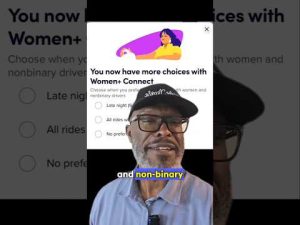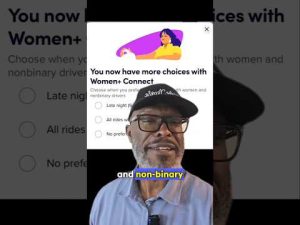Paramount Skydance’s surprise deal to buy Bari Weiss’s Free Press and elevate her to editor-in-chief of CBS News has set off predictable fireworks inside a newsroom long comfortable with its own worldview. The appointment was announced as part of a broader shake-up after David Ellison’s takeover of Paramount, and conservatives should be clear-eyed: this is the moment a once-stodgy broadcast giant will finally face real editorial change.
Reports put the purchase price and terms in the eye-popping range journalists reserve for Hollywood coups, fueling anger among insiders who felt the network’s fate was being decided in boardrooms rather than newsrooms. Ellison’s stated objective — to diversify viewpoints and right-size a bloated organization — is exactly the kind of bold management move media executives should be making, even if it rattles the establishment.
Within days, Weiss sent a straightforward memo asking staff to explain what they do, what they’re proud of, and what’s broken — a basic management request that should be ordinary when a new leader arrives. Instead, the memo was treated like heresy by parts of the newsroom, immediately cast as some kind of inquisition rather than a chance to clean house and restore journalistic standards.
Union reps quickly leapt in to tell employees they were under no obligation to respond, reinforcing a culture that elevates collective grievance over individual accountability. The WGA East, SAG-AFTRA, and other unions told members responses were optional and assured there would be no punishment for silence, effectively shielding staff from any scrutiny during a critical transition.
Predictably, the usual chorus of pundits and legacy journalists voiced alarm, but their outrage reveals more about newsroom entitlement than any real threat to editorial independence. Veteran voices complaining about Weiss’s lack of traditional television credentials are really defending a closed ecosystem where orthodoxy, not talent or results, wins promotions.
Let’s be blunt: a powerful, established media institution needed an outsider to shake up complacency, and Weiss’s record of questioning media groupthink is precisely the medicine CBS News needs. If the woke mandarins inside the building prefer theatrical resistance to rigorous journalism, that says less about Weiss’s qualifications and more about their unwillingness to be held to standards.
Union protectionism and staff performative outrage should not be the last word on what America’s newsrooms look like. Hardworking Americans deserve a network willing to challenge its own assumptions, cover stories without ideological filters, and reward competence over conformity.
If CBS survives this roster change by embracing accountability and viewpoint diversity, it will be a win for every American tired of one-sided coverage. The real question for the newsroom elites is simple: adapt and serve the public, or cling to privilege and watch viewers walk away.







